Antibodies
Home » » AntibodiesYour Antibodies images are ready in this website. Antibodies are a topic that is being searched for and liked by netizens now. You can Get the Antibodies files here. Download all royalty-free photos and vectors.
If you’re looking for antibodies images information linked to the antibodies interest, you have come to the ideal site. Our site frequently provides you with suggestions for refferencing the highest quality video and image content, please kindly search and find more enlightening video articles and graphics that fit your interests.
Antibodies. The structure of the antibody consists of two light chains and two heavy chains, and at the very tip of the antibody is a hypervariable region, and this hypervariable region allows the antibody to make different types of antibodies that will respond to all of the antigens that. The antibodies are then able to set off a complex chain of events designed to kill these foreign invaders. Indexed within scopus, esci (web of science), pubmed, pmc, embase, caplus / scifinder, and many other databases. An antibody is a protein produced by the body�s immune system when it detects harmful substances, called antigens.
 A Guide to Antibodies Facty Health From facty.com
A Guide to Antibodies Facty Health From facty.com
The structure of the antibody consists of two light chains and two heavy chains, and at the very tip of the antibody is a hypervariable region, and this hypervariable region allows the antibody to make different types of antibodies that will respond to all of the antigens that. And antigens are substances that can stimulate the body’s production of antibodies. Monoclonal just means all one type. Antibodies are produced by specialized white blood cells called b lymphocytes (or b cells). Antibodies.com | low prices on 100,000+ high quality research tools. Therefore, production methods for human antibodies have been studied actively.
Monoclonal just means all one type.
Antibodies (also called immunoglobulins) are specialized proteins that travel through the bloodstream and are found in bodily fluids. The meaning of antibody is any of a large number of proteins of high molecular weight that are produced normally by specialized b cells after stimulation by an antigen and act specifically against the antigen in an immune response, that are produced abnormally by some cancer cells, and that typically consist of four subunits including two heavy chains and two light chains. It�s made by a certain type of white blood cell that�s called a b cell. Primary antibodies are immunoglobulins that bind to a specific antigen of interest. When an intruder enters the body, the immune. Specialized cells of the immune system which can recognize organisms that invade the body (such as bacteria, viruses, and fungi).
 Source: facty.com
Source: facty.com
The meaning of antibody is any of a large number of proteins of high molecular weight that are produced normally by specialized b cells after stimulation by an antigen and act specifically against the antigen in an immune response, that are produced abnormally by some cancer cells, and that typically consist of four subunits including two heavy chains and two light chains. The meaning of antibody is any of a large number of proteins of high molecular weight that are produced normally by specialized b cells after stimulation by an antigen and act specifically against the antigen in an immune response, that are produced abnormally by some cancer cells, and that typically consist of four subunits including two heavy chains and two light chains. The antigen can be for example a protein, a peptide, a small molecule. The antibodies are then able to set off a complex chain of events designed to kill these foreign invaders. Monoclonal just means all one type.
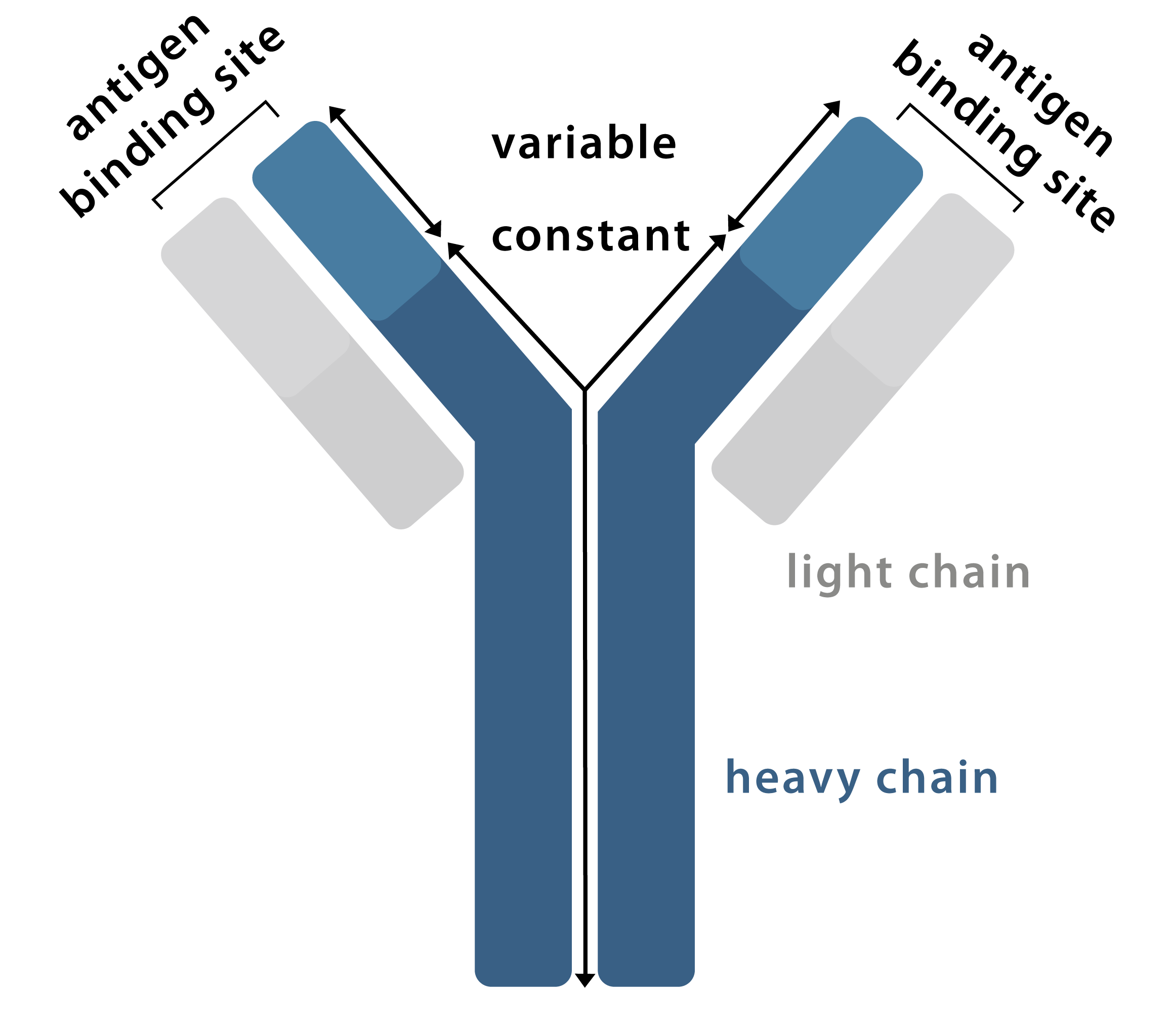 Source: antibodies.com
Source: antibodies.com
Examples of antigens include microorganisms (bacteria, fungi, parasites, and viruses) and chemicals. They are used by the immune system to identify and defend against foreign intruders to the body. Antibodies are produced by specialized white blood cells called b lymphocytes (or b cells). Antibodies are special protein molecules that the immune system produces in response to antigens. Antibodies (also called immunoglobulins) are specialized proteins that travel through the bloodstream and are found in bodily fluids.
 Source: trianni.com
Source: trianni.com
Antibodies are proteins made by the immune system to fight infections like viruses and may help to ward off future occurrences. Indexed within scopus, esci (web of science), pubmed, pmc, embase, caplus / scifinder, and many other databases. Primary antibodies are immunoglobulins that bind to a specific antigen of interest. The antigen can be for example a protein, a peptide, a small molecule. Antibodies are proteins made by the immune system to fight infections like viruses and may help to ward off future occurrences.
 Source: reports.morphosys.com
Source: reports.morphosys.com
The structure of the antibody consists of two light chains and two heavy chains, and at the very tip of the antibody is a hypervariable region, and this hypervariable region allows the antibody to make different types of antibodies that will respond to all of the antigens that. When an intruder enters the body, the immune. The antigen can be for example a protein, a peptide, a small molecule. The structure of the antibody consists of two light chains and two heavy chains, and at the very tip of the antibody is a hypervariable region, and this hypervariable region allows the antibody to make different types of antibodies that will respond to all of the antigens that. Antibodies can also inhibit attachment of bacteria to abiotic surfaces.
 Source: med.stanford.edu
Source: med.stanford.edu
Examples of antigens include microorganisms (bacteria, fungi, parasites, and viruses) and chemicals. There are six known antigens, which are all associated with the centromere; Open access — free for readers, with article processing charges (apc) paid by authors or their institutions.; Monoclonal just means all one type. So each mab is a lot of copies of one type of antibody.
 Source: leinco.com
Source: leinco.com
- 44 (0)1223 298 875. Mab therapies mimic natural antibodies but are made in a laboratory. Primary antibodies are immunoglobulins that bind to a specific antigen of interest. Antibodies are proteins made by the immune system to fight infections like viruses and may help to ward off future occurrences. Antibodies are special protein molecules that the immune system produces in response to antigens.
 Source: biox.stanford.edu
Source: biox.stanford.edu
And antigens are substances that can stimulate the body’s production of antibodies. And antigens are substances that can stimulate the body’s production of antibodies. The mature b cells, called plasma cells, secrete millions of antibodies into the bloodstream and lymphatic system. Antibodies to merozoite surface protein 1 (msp1) on plasmodium spp. Human antibodies which can bind to proteins of cancer cell, virus, toxin etc.
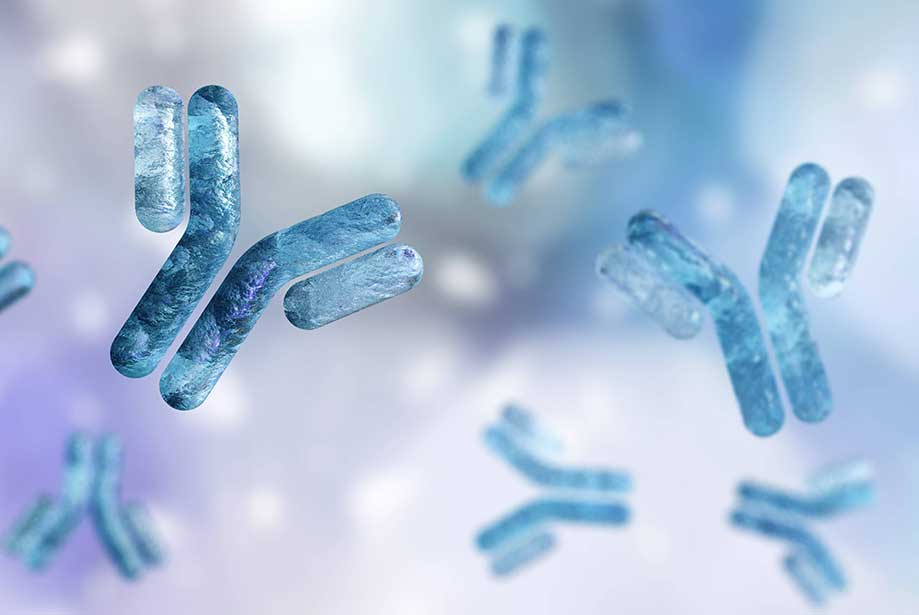 Source: enzolifesciences.com
Source: enzolifesciences.com
Human antibodies which can bind to proteins of cancer cell, virus, toxin etc. The mature b cells, called plasma cells, secrete millions of antibodies into the bloodstream and lymphatic system. Antibodies (also called immunoglobulins) are specialized proteins that travel through the bloodstream and are found in bodily fluids. The antigen can be for example a protein, a peptide, a small molecule. There are six known antigens, which are all associated with the centromere;
 Source: blogs.biomedcentral.com
Source: blogs.biomedcentral.com
Antibodies can also inhibit attachment of bacteria to abiotic surfaces. Antibodies are found naturally in our blood and help us to fight infection. Antibodies are produced by specialized white blood cells called b lymphocytes (or b cells). The mature b cells, called plasma cells, secrete millions of antibodies into the bloodstream and lymphatic system. So each mab is a lot of copies of one type of antibody.
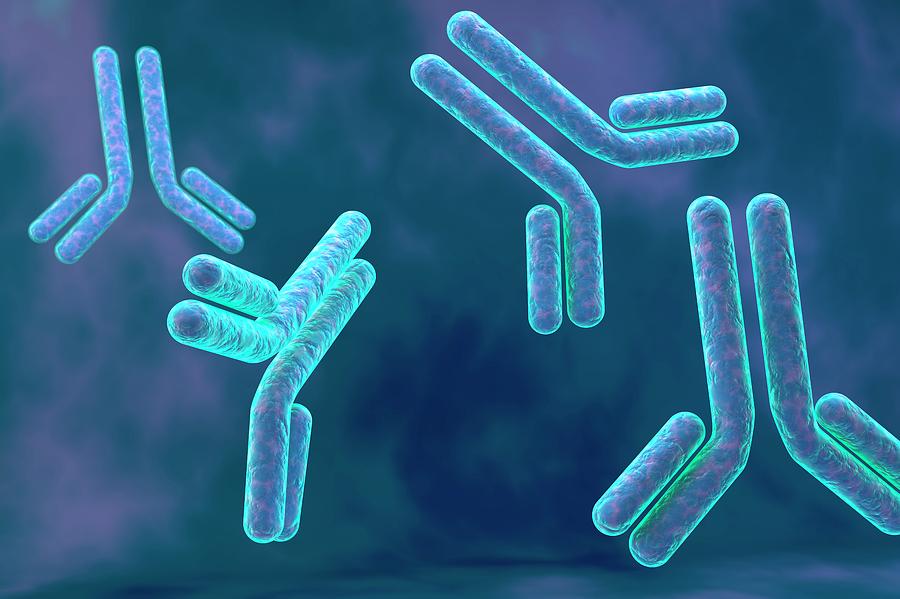 Source: fineartamerica.com
Source: fineartamerica.com
The mature b cells, called plasma cells, secrete millions of antibodies into the bloodstream and lymphatic system. Antibodies are proteins made by the immune system to fight infections like viruses and may help to ward off future occurrences. So each mab is a lot of copies of one type of antibody. Therefore, production methods for human antibodies have been studied actively. Antibodies (also called immunoglobulins) are specialized proteins that travel through the bloodstream and are found in bodily fluids.
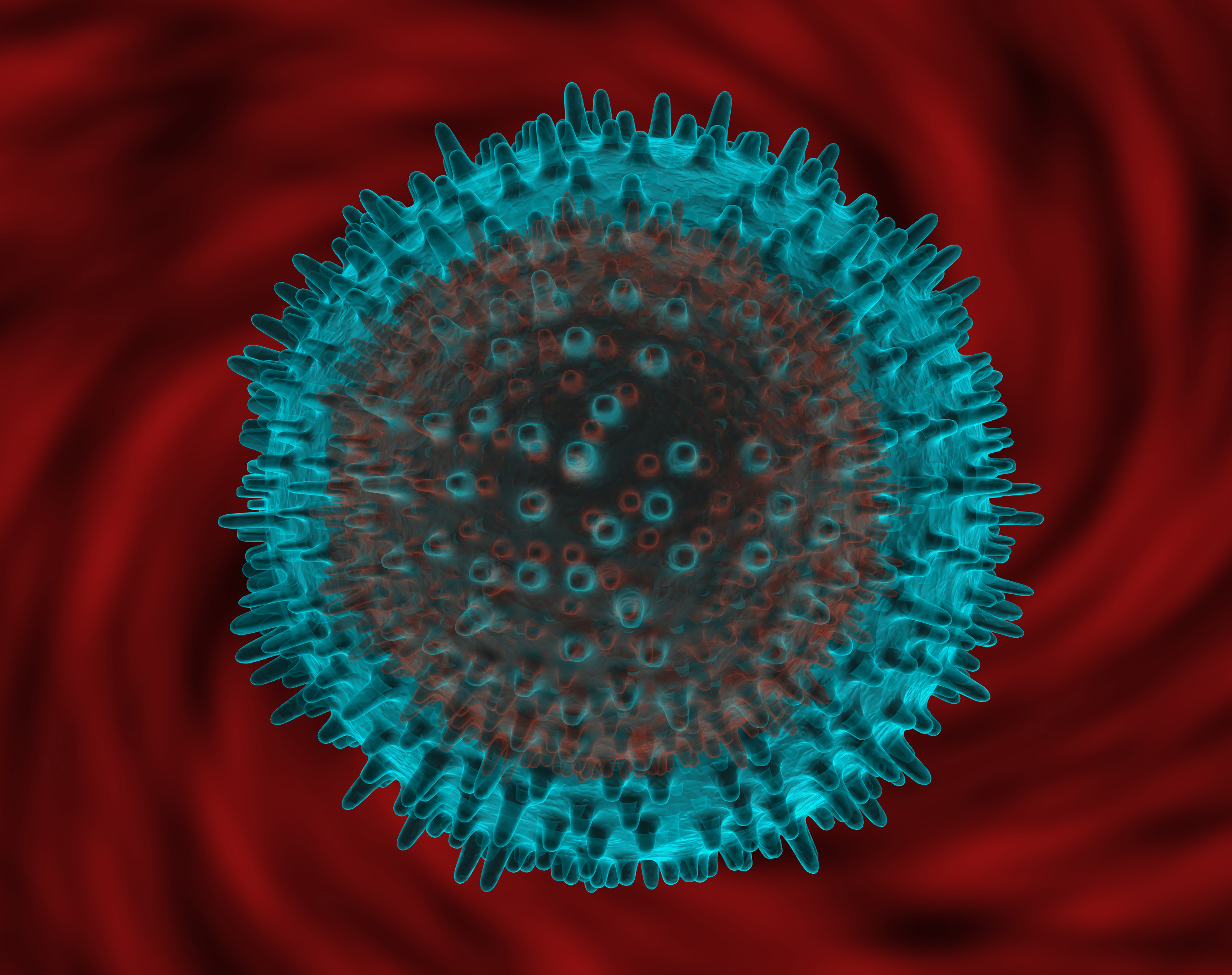 Source: nih.gov
Source: nih.gov
Antibodies are produced by specialized white blood cells called b lymphocytes (or b cells). Examples of antigens include microorganisms (bacteria, fungi, parasites, and viruses) and chemicals. Indexed within scopus, esci (web of science), pubmed, pmc, embase, caplus / scifinder, and many other databases. The antibodies are then able to set off a complex chain of events designed to kill these foreign invaders. When an intruder enters the body, the immune.
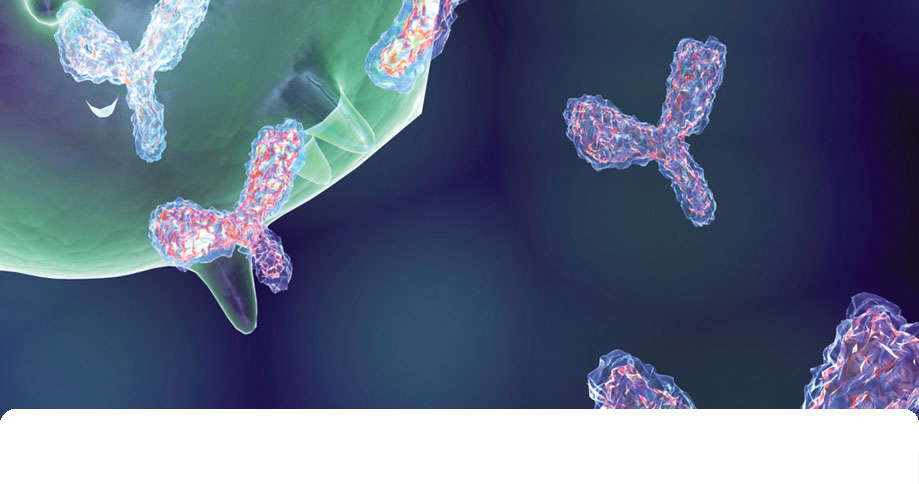 Source: enzolifesciences.com
Source: enzolifesciences.com
An antibody is a protein produced by the body�s immune system when it detects harmful substances, called antigens. Specialized cells of the immune system which can recognize organisms that invade the body (such as bacteria, viruses, and fungi). The antibodies are then able to set off a complex chain of events designed to kill these foreign invaders. The mature b cells, called plasma cells, secrete millions of antibodies into the bloodstream and lymphatic system. The antigen can be for example a protein, a peptide, a small molecule.
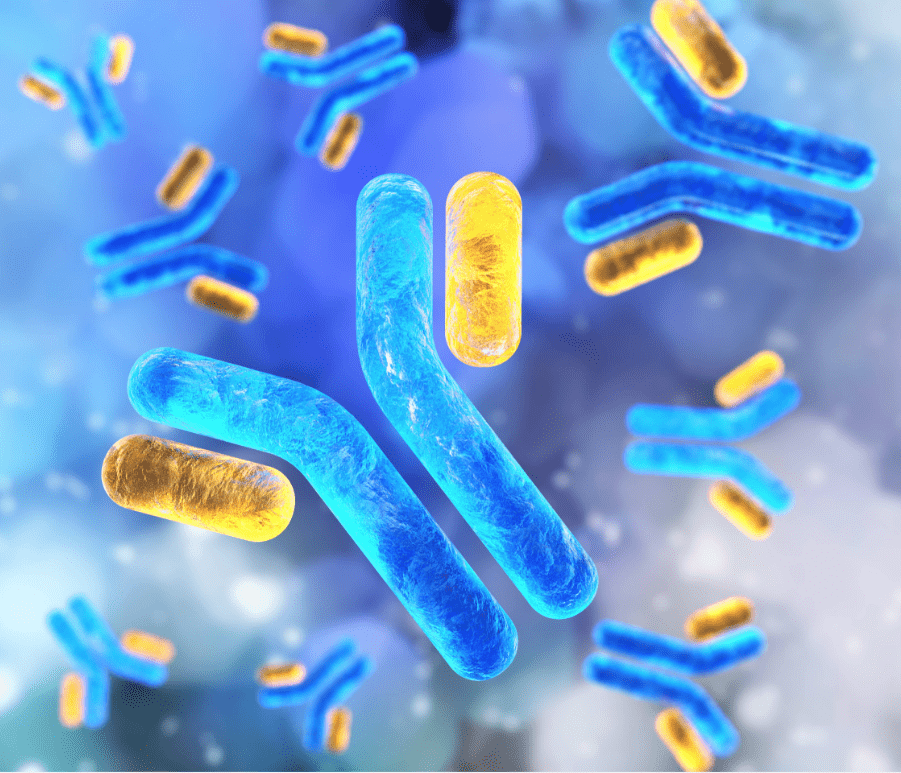 Source: fujirebio.com
Source: fujirebio.com
It�s made by a certain type of white blood cell that�s called a b cell. Antibodies.com | low prices on 100,000+ high quality research tools. The mature b cells, called plasma cells, secrete millions of antibodies into the bloodstream and lymphatic system. When an intruder enters the body, the immune. Mab therapies mimic natural antibodies but are made in a laboratory.
 Source: ballyabio.com
Source: ballyabio.com
The structure of the antibody consists of two light chains and two heavy chains, and at the very tip of the antibody is a hypervariable region, and this hypervariable region allows the antibody to make different types of antibodies that will respond to all of the antigens that. Antibodies are special protein molecules that the immune system produces in response to antigens. The meaning of antibody is any of a large number of proteins of high molecular weight that are produced normally by specialized b cells after stimulation by an antigen and act specifically against the antigen in an immune response, that are produced abnormally by some cancer cells, and that typically consist of four subunits including two heavy chains and two light chains. Antibodies are proteins made by the immune system to fight infections like viruses and may help to ward off future occurrences. Antibody is a part of the host cell�s defense.
 Source: newsweek.com
Source: newsweek.com
Can protect rodents against infection. Antibodies (also called immunoglobulins) are specialized proteins that travel through the bloodstream and are found in bodily fluids. Examples of antigens include microorganisms (bacteria, fungi, parasites, and viruses) and chemicals. And antigens are substances that can stimulate the body’s production of antibodies. Antibody is a part of the host cell�s defense.
 Source: mcguiregroup.com
Source: mcguiregroup.com
Antibodies may be produced when the immune system mistakenly considers healthy tissue a harmful substance. It�s made by a certain type of white blood cell that�s called a b cell. Antibodies are special protein molecules that the immune system produces in response to antigens. The antibodies are then able to set off a complex chain of events designed to kill these foreign invaders. Primary antibodies are immunoglobulins that bind to a specific antigen of interest.
 Source: sciencephoto.com
Source: sciencephoto.com
Specialized cells of the immune system which can recognize organisms that invade the body (such as bacteria, viruses, and fungi). An antibody is a protein produced by the body�s immune system when it detects harmful substances, called antigens. Mab therapies mimic natural antibodies but are made in a laboratory. Examples of antigens include microorganisms (bacteria, fungi, parasites, and viruses) and chemicals. Using different hosts, such as mouse.
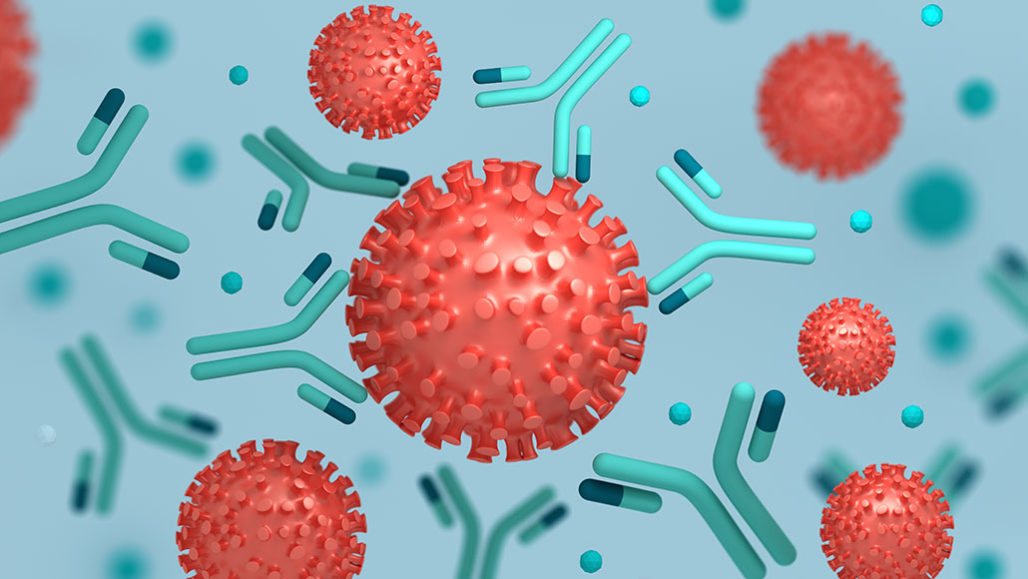 Source: sciencenewsforstudents.org
Source: sciencenewsforstudents.org
Antibodies are produced by specialized white blood cells called b lymphocytes (or b cells). The meaning of antibody is any of a large number of proteins of high molecular weight that are produced normally by specialized b cells after stimulation by an antigen and act specifically against the antigen in an immune response, that are produced abnormally by some cancer cells, and that typically consist of four subunits including two heavy chains and two light chains. Mab therapies mimic natural antibodies but are made in a laboratory. Antibodies are special protein molecules that the immune system produces in response to antigens. Antibodies are proteins made by the immune system to fight infections like viruses and may help to ward off future occurrences.
This site is an open community for users to do sharing their favorite wallpapers on the internet, all images or pictures in this website are for personal wallpaper use only, it is stricly prohibited to use this wallpaper for commercial purposes, if you are the author and find this image is shared without your permission, please kindly raise a DMCA report to Us.
If you find this site good, please support us by sharing this posts to your own social media accounts like Facebook, Instagram and so on or you can also save this blog page with the title antibodies by using Ctrl + D for devices a laptop with a Windows operating system or Command + D for laptops with an Apple operating system. If you use a smartphone, you can also use the drawer menu of the browser you are using. Whether it’s a Windows, Mac, iOS or Android operating system, you will still be able to bookmark this website.